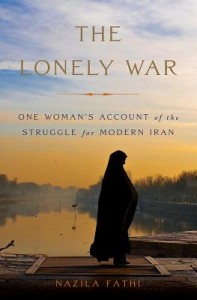 I knew that The Lonely War by journalist Nazila Fathi was going to be a great read as soon as I finished the preface. In just six pages, Fathi gave, perhaps, the most clear, succinct and balanced account of the Iranian Revolution – a 1979 uprising that replaced the Iranian shah with a radical Islamic regime – and the aftermath that I have ever read. I was hooked from the start, and so happy to find that the book remains accessible and engaging until the last page.
I knew that The Lonely War by journalist Nazila Fathi was going to be a great read as soon as I finished the preface. In just six pages, Fathi gave, perhaps, the most clear, succinct and balanced account of the Iranian Revolution – a 1979 uprising that replaced the Iranian shah with a radical Islamic regime – and the aftermath that I have ever read. I was hooked from the start, and so happy to find that the book remains accessible and engaging until the last page.
I’ll leave it to Fathi to give a short summary of the book:
This book tells the story of a country and its people struggling to find their way, but it is also my story. I was nine years old when the revolution swept into Iran and set the country on its current course. As I grew up, I watched my homeland continue to change around me. So while the evolution described in this book is Iran’s it is also mind: the story of how a girl grew into a woman, discovered a world beyond the one she had imagined, and eventually was forced to choose between the two.
One thing I most appreciated about the book is that Fathi was careful to explore the nuances of life in Iran. In many books – and most contemporary political discussion in the United States – Iran is painted as a country full of clear divisions and factions, or situations that have a clear right and a clear wrong answer. As you might expect, that’s really not the way the country works. Before fleeing Iran, Fathi was the longest serving Iranian reporter for an American publication, and her background as a journalist shines through in these areas.
One example that stuck out to me is a discussion of Iran’s oil revenue. On the one hand, the huge amount of oil money coming into the country meant that leaders, “the kings before the revolution and later the clerics after the revolution” were no longer accountable to the Iranian people – they could just buy political support (and pay for violent enforcers) when they needed it. But this money also helped the government, before and after the revolution, expand the public sector to create universities, government ministries and other jobs that built the Iranian middle class. Oil money also helped build needed infrastructure and expand social services. Like many areas of Iranian life, both good and bad come from the same place.
In addition to this clear and balanced reporting, Fathi also skillfully weaves her own story throughout this memoir. In fact, some of the most memorable parts are pieces of her own history, especially late in the book when she started to draw the unwanted attention of regime spies because of her work as a reporter for the New York Times. Fathi soon discovers there is a spy placed very close to her family, that, for complicated reasons, she is unable to avoid. Reading this deeply personal account of being terrorized by the Iranian government sent chills down my spine and made me so grateful to live in a place where it’s unlikely I will ever be persecuted for reporting the truth.
The Lonely War is both informative and entertaining, and provides reasons for both optimism and caution when thinking about the future of Iran. I tore through this book and can’t recommend it highly enough.
Disclosure: I received a copy of this book from the publisher for review consideration.

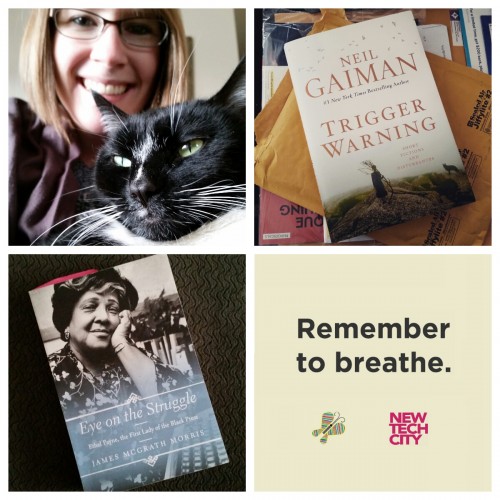
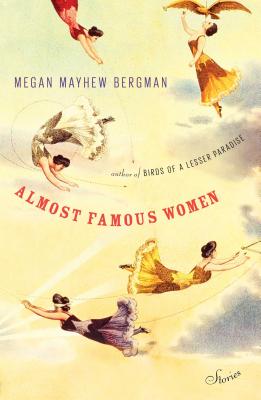 In an effort to try my hand at
In an effort to try my hand at 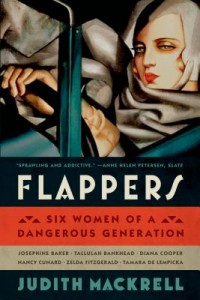 Flappers: Six Women of a Dangerous Generation by Judith Mackrell – I feel like Flappers is the nonfiction equivalent of Almost Famous Women. In the book, Mackrell focuses on six women who helped define the Jazz Age – Josephine Baker, Tallulah Bankhead, Diana Cooper, Nancy Cunard, Zelda Fitzgerald, and Tamara de Lempicka. Like Bergman, Mackrell explores how pushing boundaries and fighting for themselves and their art made life difficult for each of these bold women.
Flappers: Six Women of a Dangerous Generation by Judith Mackrell – I feel like Flappers is the nonfiction equivalent of Almost Famous Women. In the book, Mackrell focuses on six women who helped define the Jazz Age – Josephine Baker, Tallulah Bankhead, Diana Cooper, Nancy Cunard, Zelda Fitzgerald, and Tamara de Lempicka. Like Bergman, Mackrell explores how pushing boundaries and fighting for themselves and their art made life difficult for each of these bold women. 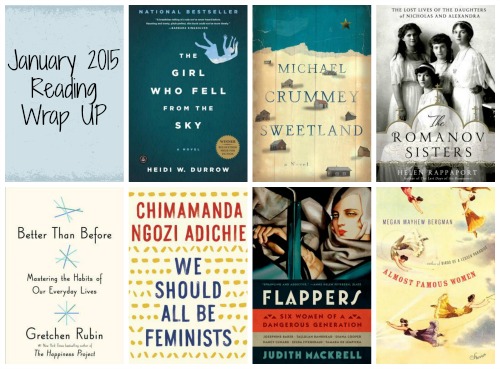
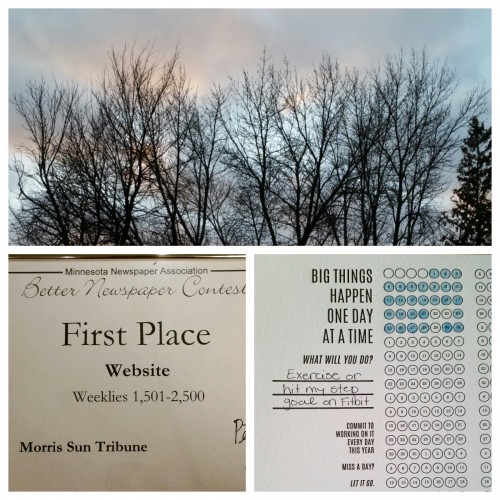
 Sharing 2 | My new favorite Tumblr is
Sharing 2 | My new favorite Tumblr is